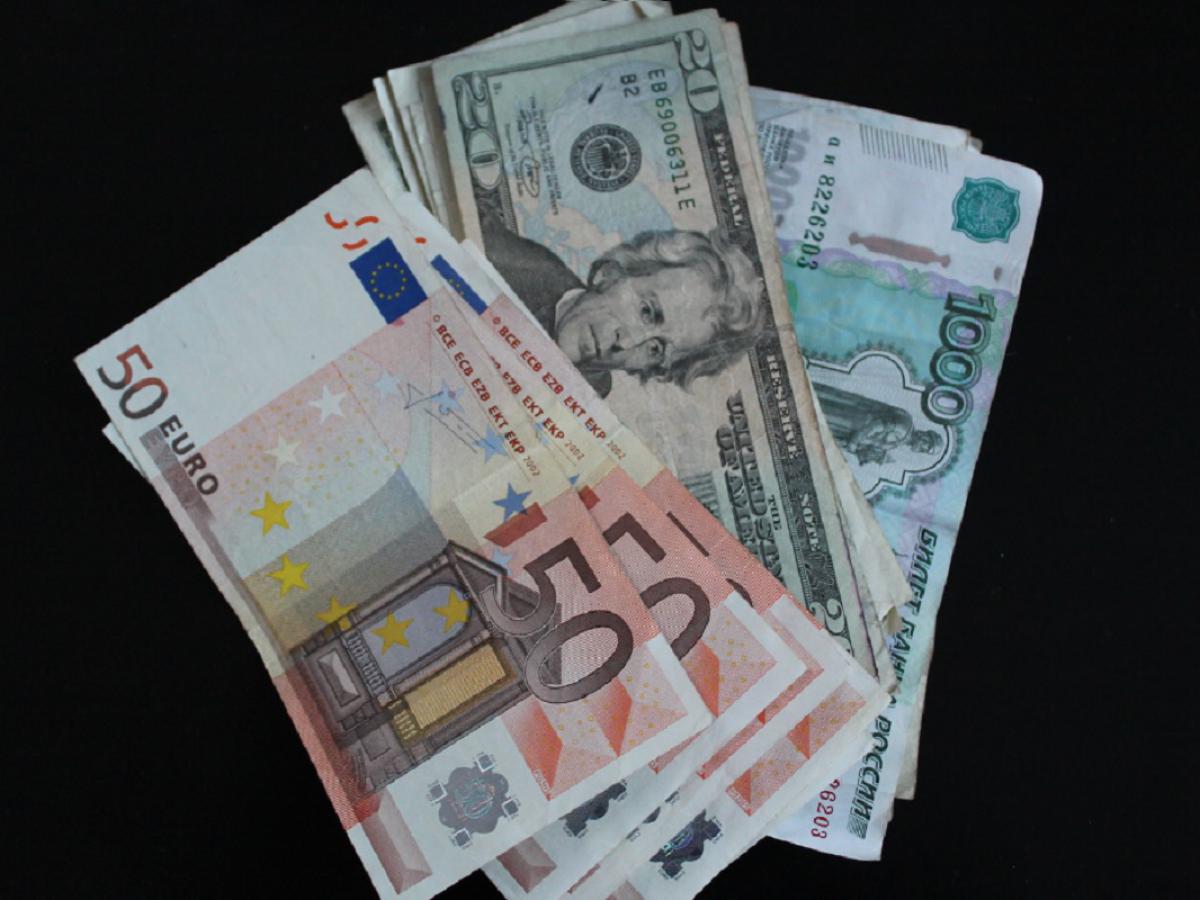
The West gets cold feet about seizing frozen Russian assets

Europe fears that the decision to seize frozen Russian assets will lead to serious consequences for many countries.
Representatives of France, Germany and the European Central Bank (ECB) discussed the topic during negotiations in Sao Paulo on the sidelines of a meeting of finance ministers and heads of central banks of the G20 countries. The West is wary of appropriating Moscow's money because Russia may take measures in response. In addition, such a move may lead to serious consequences for the global financial system.
A Bloomberg source said France, Germany and the ECB warned their allies about Russia's retaliation for the confiscation of its frozen assets. In their opinion, seizing Russian assets will negatively affect the stability of the global financial system as a whole. In particular, such a decision will harm the European currency, the euro.
Russian Finance Minister Anton Siluanov said that the decision of Western governments to freeze Russian assets undermined the reliability of the dollar and the euro. China took account of what happened to Russian reserves and started reducing its participation in US securities. Yet, US Treasury Secretary Janet Yellen assessed such risks as unlikely.
The withdrawal of Russian funds will also cause damage to EU's reputation. Such a step will create a precedent that will encourage other countries to stay away from Western currencies and opt for something else to keep their reserves safe.
Russian Finance Minister Anton Siluanov said that Russia also keeps frozen Western assets. The volume of frozen Western assets in Russia is comparable to the amount that was blocked in Western banks, the minister said.
After the outbreak of hostilities in Ukraine, EU and G7 nations froze 300 billion euros ($324 billion) worth of Russian central bank assets. Frozen assets are temporarily retained rather than fully seized with the ability for reallocation.